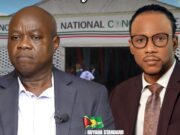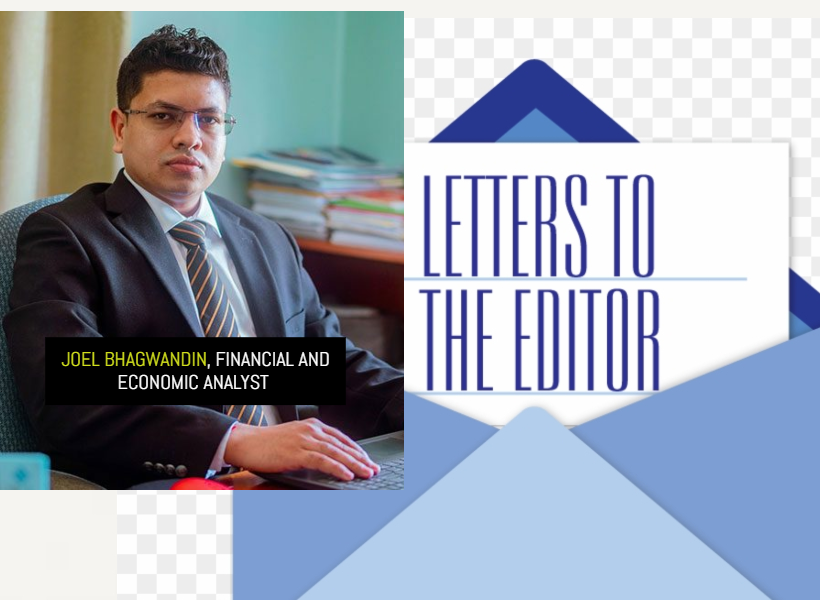Dear Editor,
Dr. Janette Bulkan, an eccentric environmental activist, argued recently that the government engaged in a fraudulent transaction in respect of the sale of carbon credits, alleging that the proper legal approval for same was not obtained from the village councils. Readers would recall that this author challenged the environmentalist’s contentions in letters to the editor dated July 4 and 10 2023.
In her letter published in the July 11th edition of the Stabroek News, the environmentalist made a complete 360-degree turn in her contentions, when notable facts were presented to her by this author in relation to the subject of contention. Her argument radically shifted from “the government engaged in a fraudulent transaction” to “the National Toshaos’ Council cannot usurp the powers of an Amerindian Village”. This 360-degree turn suggests that the environmentalist does not appreciate the facts on the issue, such that it is the indigenous communities that stand to benefit in a tangible manner; and accept that this in of itself is a positive development.
Pursuant to the Amerindian Act (2006), section 20 states that:
A Toshao-
(a) Is a member and Chairman of a Village Council;
(b) Is a member of the National Toshaos Council;
(c) Is responsible for ensuring good governance including accountability and transparency within the Village Council; and
(d) Is responsible for keeping peace and order in the Village.
The Toshaos are elected leaders of the Villages who are entrusted with the power to act on behalf of the village following the approval of and/or agreement of the Villagers. The Government of Guyana sought the explicit approval and/or support of the National Toshaos Council (NTC), inter alia, a resolution by the NTC endorsing the LCDS 2030 inclusive of all its elements. Additionally, the Government and the Chair of the Toshaos emphasized the need for Toshaos to stay involved, as the implementation of the LCDS moves ahead.
Moreover, it appears that the environmentalist activist failed to appreciate and recognize an important fact―that is, her argumentation thus far questions the legality of the procedure in which the government proceeded with the LCDS. However, the fact is that the Government has gone above and beyond the bare minimum legal requirements of a box ticking exercise for an explicit legal approval from the Village Councils to one in which their wholesome involvement were sought in shaping the LCDS, and involvement in its implementation.
So with this background in mind, the question of legality is a non-issue and an irrelevant unsubstantiated argument in my humble and respectful view.
It is not unreasonable to presume, henceforth, that Dr. Bulkan’s contentions is now even more suspicious and questionable in terms of her underlying modus operandi. As demonstrated in her latest response to the undersigned, when challenged, the learned professor made a radical 360-degree turn in her argumentation from the government acting fraudulently to questioning the legality of the NTC’s involvement in the process which is a completely different matter―albeit a baseless case.
To my mind, her new contention is now a question of legal technicality rather than the legality of the procedure employed based on her previous substantive arguments. To this end, the environmentalist activist said that the NTC did not provide legal consent which could only be obtained from each Village separately. But, as I previously pointed out, the government went far beyond merely obtaining legal consent to the point of inclusivity, wherein the Village Councils were involved in the crafting of the LCDS and were encouraged to remain involved in its implementation.
In closing, I do hope the readers, particularly the indigenous peoples of our country recognize the learned professor’s inconsistency on this matter now that she was challenged. Effectively, the professor has cleverly demonstrated that her modus operandi is questionable.
Yours respectfully,
Joel Bhagwandin













